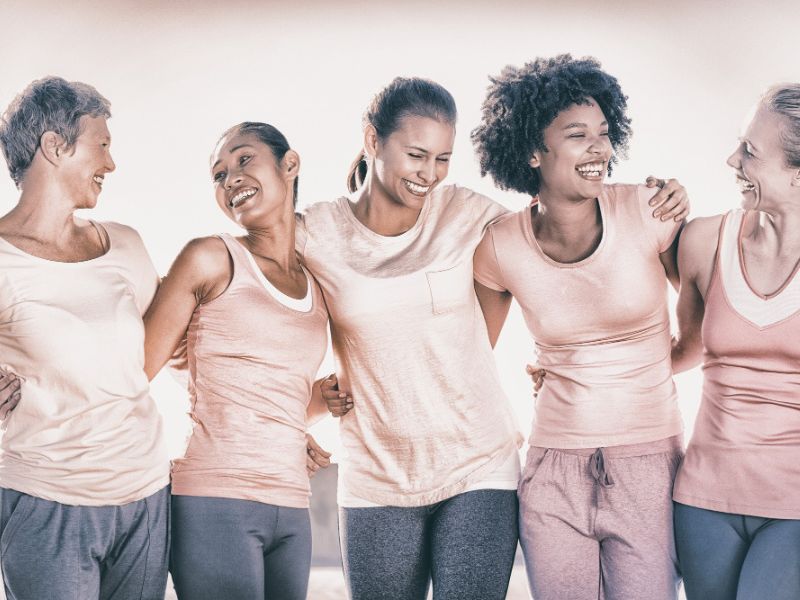Jobs in the top 20 female occupations have plummeted 40 per cent year-on-year, as the pandemic disproportionately affects women.
Ahead of International Women’s Day, Adzuna analysed hiring activity within the top 20 occupations held by men and women in the UK, to discover if either gender has been disproportionately affected by the pandemic.
The research found that advertised vacancies within the top 20 occupations historically employing the most women, have slipped 40.2 per cent year-on-year. This includes a 38.1 per cent decline in jobs for sales and retail assistants, the top occupation held by women in 2020, with just 6,370 openings on offer in February 2021.
Compared to a year ago, hiring has fallen in 19 of the top 20 occupations historically employing the most women. This includes substantial declines in opportunities for receptionists (down 52 per cent), nursery nurses and assistants (down 42.9 per cent), personal assistants and other secretaries (down 49.3 per cent) and hairdressers and barbers (down 37.3 per cent). Care workers and home carers was the only occupation to see a hiring rise.
By comparison, hiring activity within the top 20 occupations historically employing the most men has fallen just 11.8 per cent. Job openings increased year-on-year in six of the top 20 male occupations, namely warehouse workers, large goods drivers, van drivers, electricians, carpenters and joiners, and construction and building trades.
Meanwhile, hundreds of thousands of women are employed in other sectors severely affected by pandemic restrictions, including the Wedding Industry, Beauticians, Childmilders, and Travel agents. With just 2,498 travel vacancies currently up for grabs and only 2,956 event manager roles available, opportunities for those affected to find new roles are limited.
Speaking about the research, Andrew Hunter, co-founder of Adzuna, said, “The pandemic has hurt job prospects for women.”
“Hiring in jobs historically employing women has been hit hard.”
“COVID-19 has left many women with lower pay, fewer options, and often shouldering the burden of increased caring needs.”
“There is a danger that the last twelve months could widen the gender pay gap and increase inequality.”
“We must not allow that to happen.”
“We need to take a long hard look at how we support women through the pandemic and into work.”
“Part of this is about opening up more roles to women, through better flexible working and improving childcare options.”
“But we also need a shift in mentality to encourage more women into high growth sectors like Logistics, Tech & Manufacturing, ensuring they benefit from the opportunities being created in these areas.”
WeAreTheCity covers the latest female centric news stories from around the world, focusing on women in business, careers and current affairs. You can find all the latest gender news here.
Don’t forget, you can also follow us via our social media channels for the latest up-to-date gender news. Click to follow us on Twitter, Facebook, Instagram, and YouTube.









